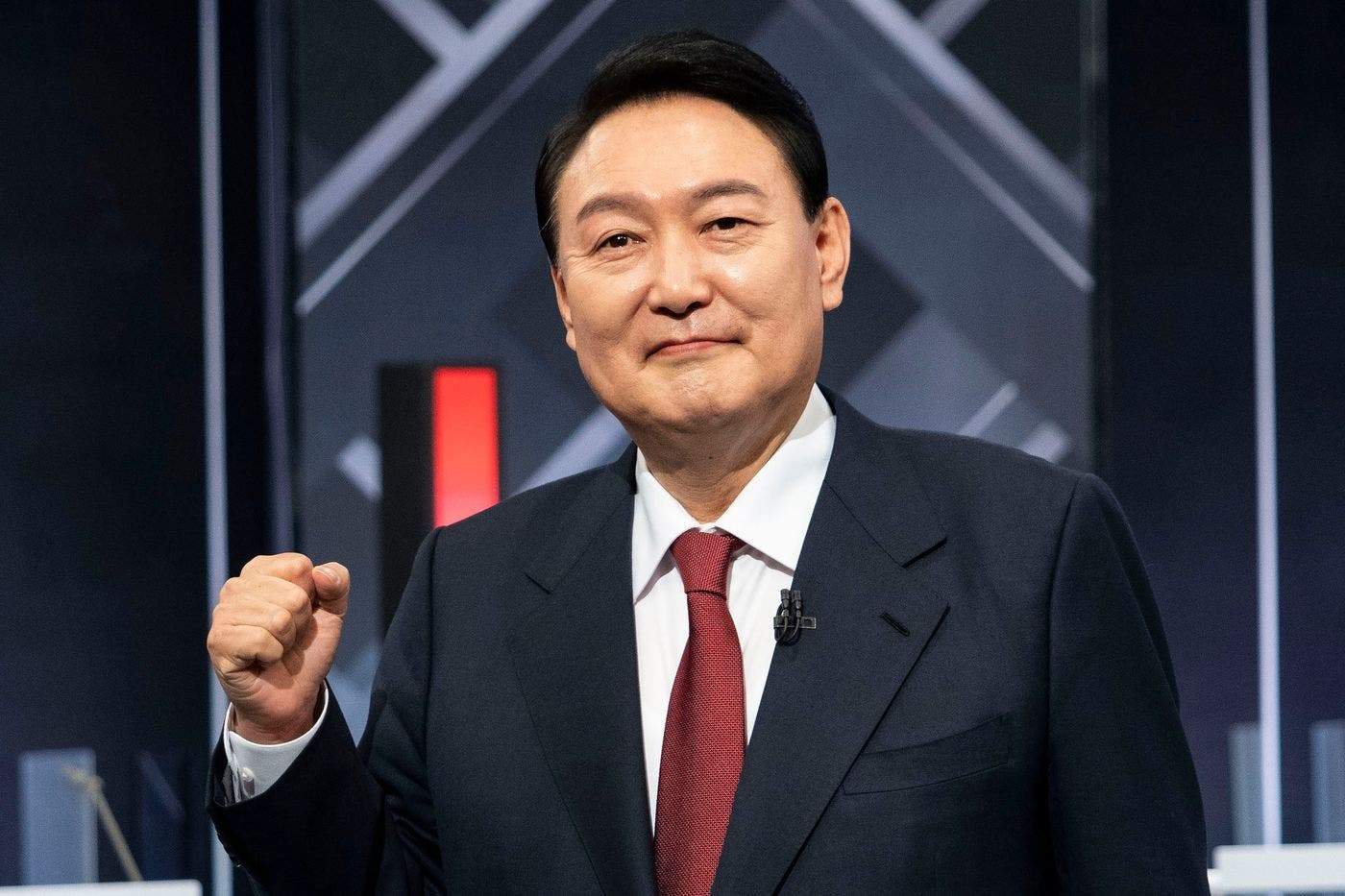
Reforming the EU’s GSP+ Scheme – An Analysis into Uzbekistan’s Admission
The EU’s GSP+ Scheme aims to alleviate poverty in beneficiary countries by providing them the opportunity to strengthen and diversify their exports. Despite the benefits, the nature of the scheme’s conditions have raised questions on its ability to deliver its key intentions. Using Uzbekistan as a case study, this Op-ed will assess and analyse the EU’s GSP+ scheme and question who indeed benefits from the scheme, and the manner in which the EU identifies and addresses the issues of poor corporate practices resulting.


